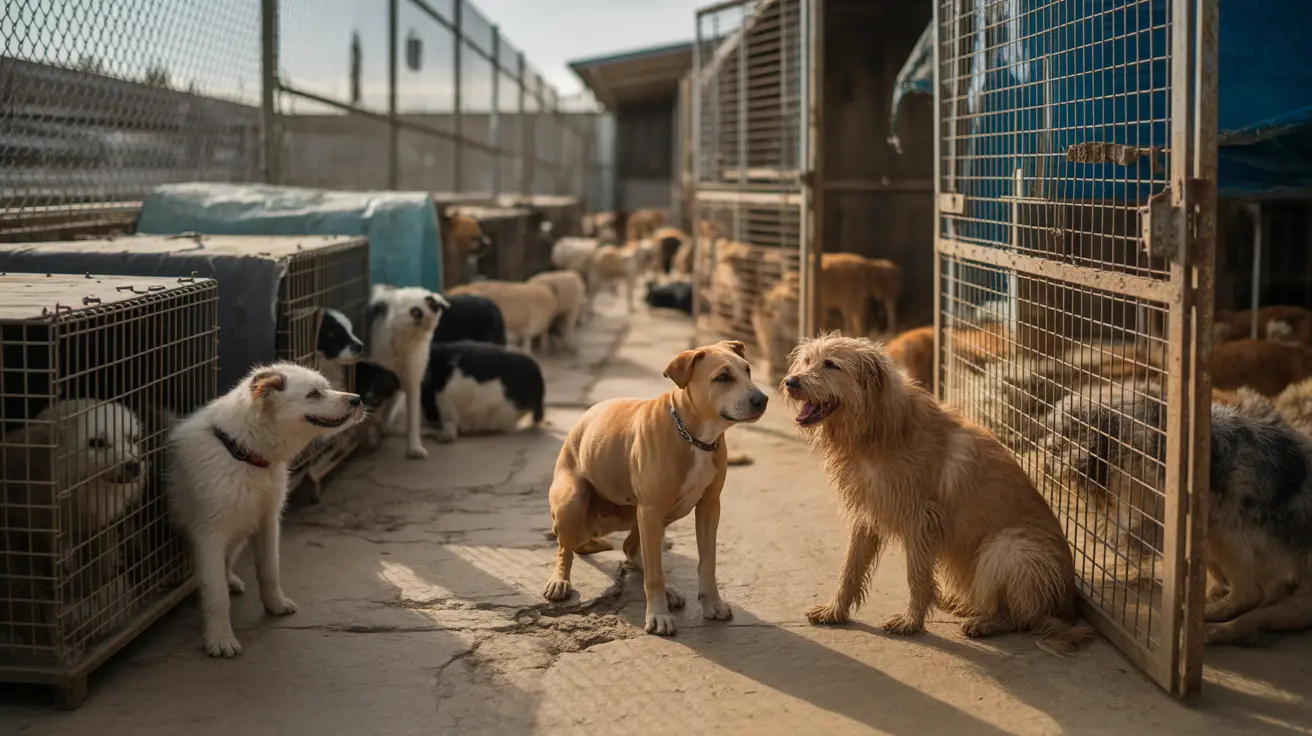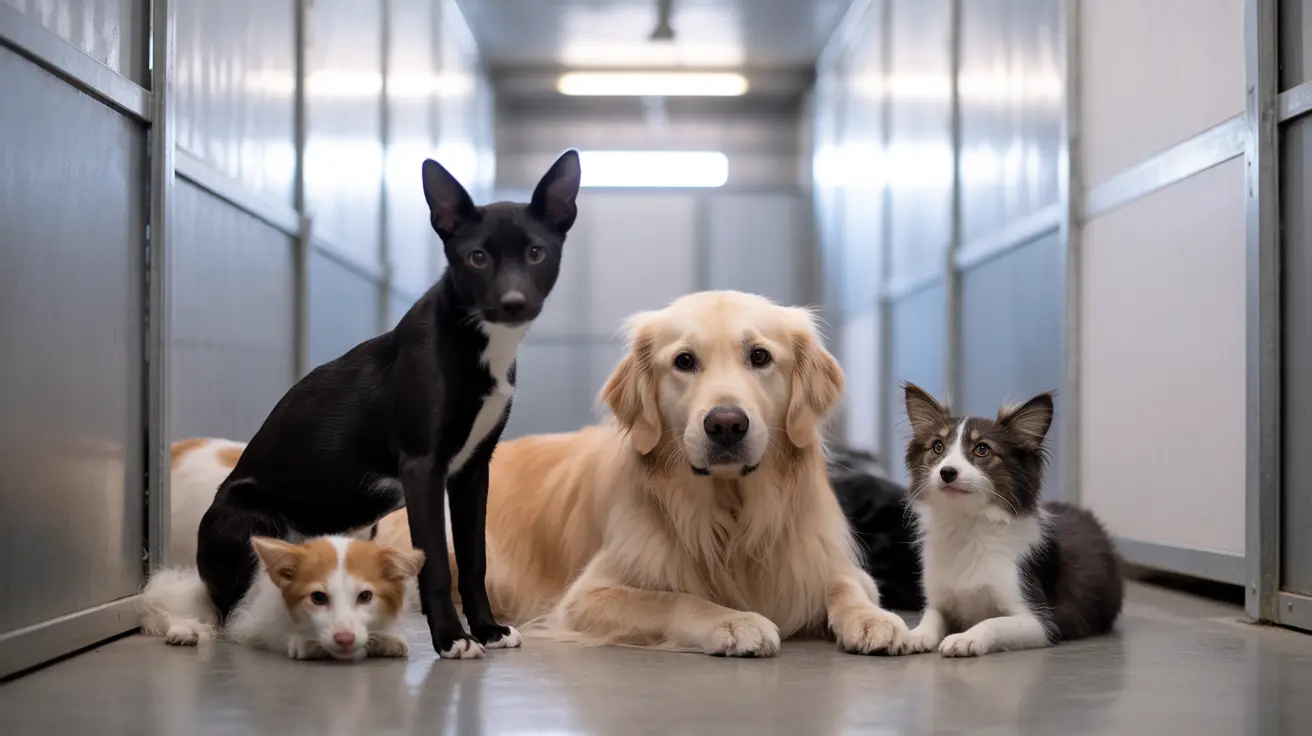Can Dogs Eat Cooked Macaroni? Understanding the Risks and Recommendations
It's common for dog owners to wonder whether their pets can share in the occasional bowl of comfort food. One such question is: can dogs eat cooked macaroni? The answer isn't straightforward. Technically, yes — dogs can eat small amounts of cooked macaroni. However, responsible pet ownership requires understanding when it’s safe, what ingredients pose risks, and how much is too much.
Is Cooked Macaroni Safe for Dogs?
Plain, cooked macaroni without any added sauces, spices, or cheeses is not toxic to dogs. Yet, it offers little to no nutritional benefit for canines. While consuming a small amount probably won’t cause immediate harm, it’s important to know the potential complications associated with frequent or large servings.
Risks of Feeding Macaroni and Cheese
The more popular variation — macaroni and cheese — is problematic:
- High in fat and sodium: Cheese can contribute to obesity, heart problems, and digestive discomfort in dogs.
- Dairy intolerance: Many dogs are lactose intolerant, leading to gas, vomiting, or diarrhea after consuming cheese-based dishes.
- Carbohydrate overload: Pasta made from refined grains provides unnecessary carbs that may lead to weight gain.
- Toxic ingredients: Common add-ins like onion and garlic are toxic to dogs, even in small amounts.
- Artificial additives: Boxed mac and cheese often contains preservatives and flavor enhancers that are unsafe for pets.
Health Conditions Worsened by Macaroni Intake
Certain dogs should not eat macaroni and cheese under any circumstances — especially those with the following conditions:
- Obesity
- Diabetes
- Pancreatitis
- Allergies or food sensitivities
In fact, dogs with pancreatitis are at increased risk when fed fatty or rich foods like mac and cheese, as fatty foods can trigger life-threatening flareups.
Signs of Digestive Upset in Dogs
If your dog eats a bite or two of macaroni and cheese, watch for signs of discomfort:
- Vomiting
- Diarrhea
- Lethargy
- Bloating or gas
- Abdominal pain
If any of these symptoms are severe or prolonged, contact your veterinarian immediately.
Cheese as a Dog Treat — Proceed with Caution
Cheese is sometimes used as an occasional treat or to mask medications. While that’s generally safe for healthy dogs in small amounts, some cheeses should always be avoided:
- Avoid: Blue cheese, processed cheese spreads
- Safer options: Plain cheddar, mozzarella, or cottage cheese in moderation
Remember: even with safe cheeses, fat and salt content must be accounted for.
Healthy Alternatives to Macaroni-Based Treats
If you’re looking to reward your dog with something special, there are much healthier choices. Some vet-recommended options include:
- Carrots
- Steamed broccoli
- Pumpkin (plain, cooked)
- Apples (seedless)
- Watermelon (no seeds or rind)
These options provide fiber, vitamins, and may even help with digestion without the downsides of pasta or cheese.
What to Do If Your Dog Accidentally Eats Mac and Cheese
If your dog gets into leftover macaroni and cheese, assess how much was eaten and what ingredients it contained. If onion, garlic, or other toxic items were present, or if your dog is small, contact your vet immediately.
Otherwise, monitor their behavior and digestion over the next 24–48 hours. Provide plenty of fresh water and keep their diet bland and simple until symptoms resolve.
Conclusion: Stick to Dog-Friendly Nutrition
While a small taste of plain, cooked macaroni is unlikely to do lasting harm, cooked pasta and cheesy dishes are not suitable for dogs. The best diet for your pet remains balanced commercial dog food engineered to meet their nutritional needs. Occasional whole-food treats are fine when they’re safe and beneficial — but high-fat, salty human dishes like macaroni and cheese don’t make the cut.
Consult your veterinarian before offering any new food, especially if your dog has underlying health problems. When in doubt, choose safety and stick to pet-appropriate treats.





